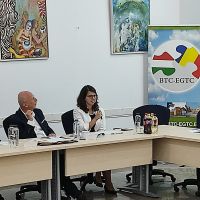Classic cross-border projects are developed in a way that the eligible applicants – having knowledge on the recent publication of the cross-border call – take into account those local development needs which can be fulfilled thanks to the funds of the cooperation programme – considered as an additional financial resource. Then they quickly seek a potential partner from the other side of the border who also would like to resolve their local problems. The result is a project with a very weak cross-border character. Even more, the partnership cannot be sustained for a longer perspective. However, the European Union’s territorial cooperation programmes are dedicated to something different: to lessen the separating effects of the borders, to create long-term partnerships between the local stakeholders of the borderland and to start developing the peripheral border areas along the objectives of joint plans. In order to fulfil these objectives, there is a need for a new approach applied during the preparation and the implementation of these projects.
First of all, the borderlands need integrated cross-border strategies which can broaden the time-perspective of the developments. At the same time, it is a frequent phenomenon that the strategy is written for the account, it is not used and the document and the energy spent to make it prove to be useless. In parallel, local stakeholders – as presented above – prepare and implement their ad-hoc tenders based on the published calls. This phenomenon very often stems from the shortages of human capacities but in many cases, further professional assistance would also be necessary.
THEREFORE, CESCI PROVIDES ITS ASSISTANCE
OUR KEY REFERENCES IN THIS FIELD
OUR LATEST NEWS IN THIS FIELD
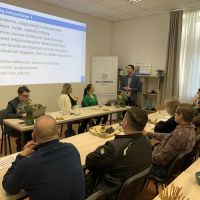
Via Carpatia development workshop
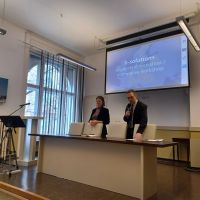
B-solutions promotion event
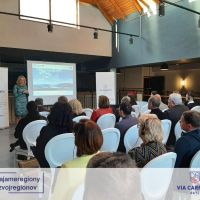
Partnership building workshops of the Via Carpatia EGTC
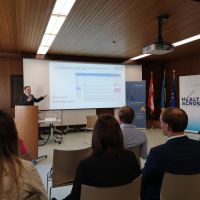
Heal Now closing conference
